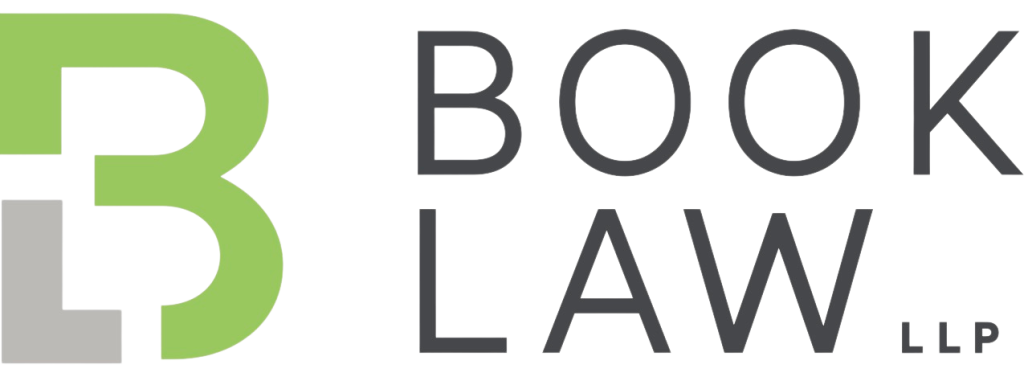The final rule (“Final Rule”) of the New York City Commission on Human Rights (the “Commission”) prohibiting hair discrimination based on race or religion went into effect on January 30, 2021. The Final Rule expands on the legal guidance issued two years ago by the Commission that banned racial discrimination on the basis of hair.
Under the Final Rule, employers and other covered entities may not restrict or prohibit hair texture, hairstyles, head coverings or hair length that is (1) associated with a racial or ethnic group; or (2) associated with an individual’s religious beliefs, observance, or practice.
Employers and other covered entities also may not engage in unequal treatment, including harassment, on the basis of hair texture, hairstyle, head covering, or hair length that is (1) associated with a racial or ethnic group; or (2) associated with an individual’s religious beliefs, observance, or practice.
The Final Rule includes examples of unlawful hair discrimination, including a company appearance and grooming policy that requires Black employees to straighten their natural hair, and a customer service company that orders an employee to restrict, change, or conceal their hairstyle or facial hair, in violation of their religious beliefs.
Employers and other covered entities cannot defend hair discrimination by claiming that their policies are based on “customer preference” or based on “a perception that a person’s hair is ‘unprofessional,’ a ‘distraction,’ or inconsistent with a covered entity’s image.”
A restriction or prohibition is acceptable only if it addresses a legitimate health or safety concern. The Commission will assess if a health or safety concern is legitimate or speculative by considering, among other things, (1) the stated health or safety concern; (2) whether the restriction or prohibition is narrowly tailored to address the concern; (3) available alternatives; and (4) whether the restriction or prohibition has been applied in a discriminatory manner.
Where the health or safety concern is legitimate, covered entities must consider, in good faith, alternatives to blanket restrictions or prohibitions and alternative safety equipment.
If restriction or prohibition conflicts with an employee’s religious beliefs, observance or practice, employers must engage in a cooperative dialogue with the employee and provide reasonable accommodations that do not cause undue hardship to the employer.
Employers in New York State should note that, since 2019, the NYS Human Rights Law has prohibited (1) racial discrimination on the basis of hair texture and hairstyles such as braids, locks, and twists; and (2) terms or conditions of employment that would restrict an employee’s right to wear attire, clothing, or facial hair required by the employee’s religion, unless the employer cannot provide a reasonable accommodation without undue hardship to the employer.
Employers should review their appearance and grooming policies, and properly train their managers and supervisors, to avoid any inadvertent violation of the state and city rules prohibiting hair discrimination.
If you have additional questions or concerns about hair discrimination in New York, please contact Chaim Book at cbook@mb-llp.com or Sheryl Galler at sgaller@mb-llp.com.

